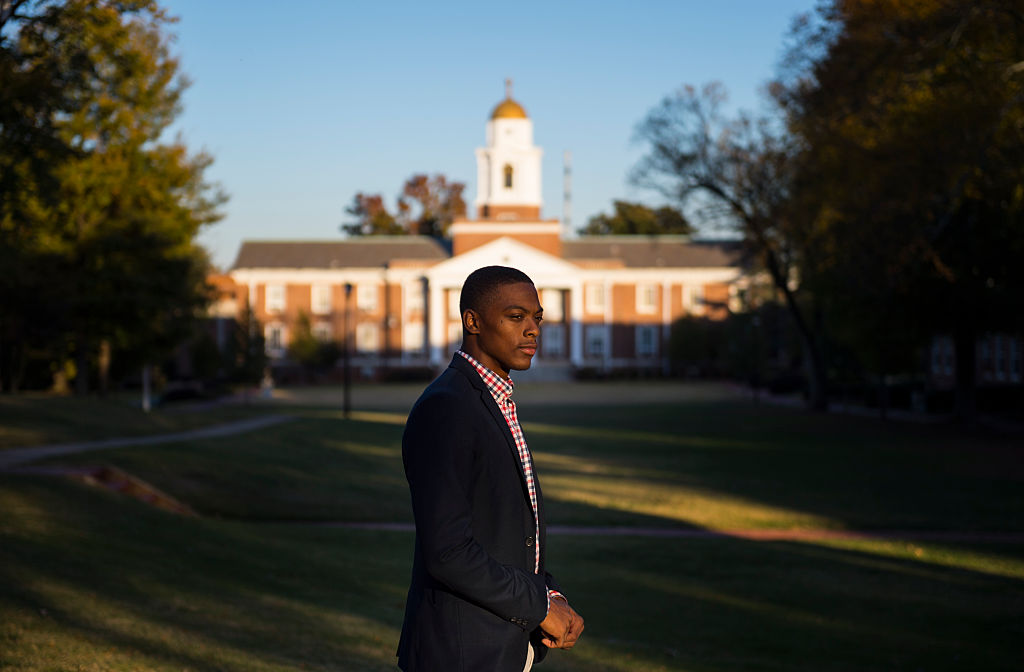
Source: The Washington Post / Getty
For decades HBCUs have been a catalyst for providing opportunities for communities that have been underserved.
They have been a vital force in the Black community for over a century and are a significant contributor to the Black middle class. While HBCUs are still looking to educate young Black minds across the country, we are starting to see these institutions reach out to help another demographic.
HBCUs around the nation are allocating resources and funding to helping incarcerated or formerly incarcerated individuals earn an education. These institutions are hoping that these programs help provide new opportunities for these individuals establishing a prison-to-college pipeline.
Rabia Qutab spent five years at a women’s prison in Texas but not before she finished her pre-med degree. Qutab was still interested in medicine when she got out of the Texas prison and was looking for options. Thankfully, she found a home at Howard University through a program that allows formerly incarcerated students to gain mentorship and research experience in a top medical school lab.
“My personal experience with higher education pretty much stopped at the door when I was incarcerated at the facility,” Qutab told NPR. “I was like, ‘I know, I want to go back to school, but how do we do this?’ Right? Like, I want to pursue medicine, but then I have to worry about my record.”
Offering this opportunity to incarcerated or formerly incarcerated individuals could provide people with new hope in life. The doors that could be opened through these programs could be pivotal to saving lives.
If these programs reach their potential the impact could be massive.
“They have truly embraced the program and they are probably some of the best recruiters for the program,” Vanessa Harris, director of Claflin’s prison-to-college initiative told NPR. “We started last summer with 10 students, I am projecting we will probably be well over 140 students by the fall semester.”
According to Laura Ferguson Mimms, executive director of the Tennessee Higher Education In Prison Initiative (THEI), an organization that has worked extensively with Lane College an HBCU in Jackson, Tennessee, nearly half of incarcerated individuals could return to incarceration if HBCUs don’t continue to implement these programs.
“Our brothers and sisters behind the wall are coming home.” said Mimms “And over the course of three years, 47% will return to incarceration if we continue to do exactly what we’ve done.”
The pathway is open for HBCUs to create even more opportunities for incarcerated individuals and if these new students capitalize they can potentially alter not only their lives but the lives of their peers.
RELATED CONTENT: HBCU Student Amber Wynne Tackles ‘Period Poverty’ As Part Of Reproductive Justice









